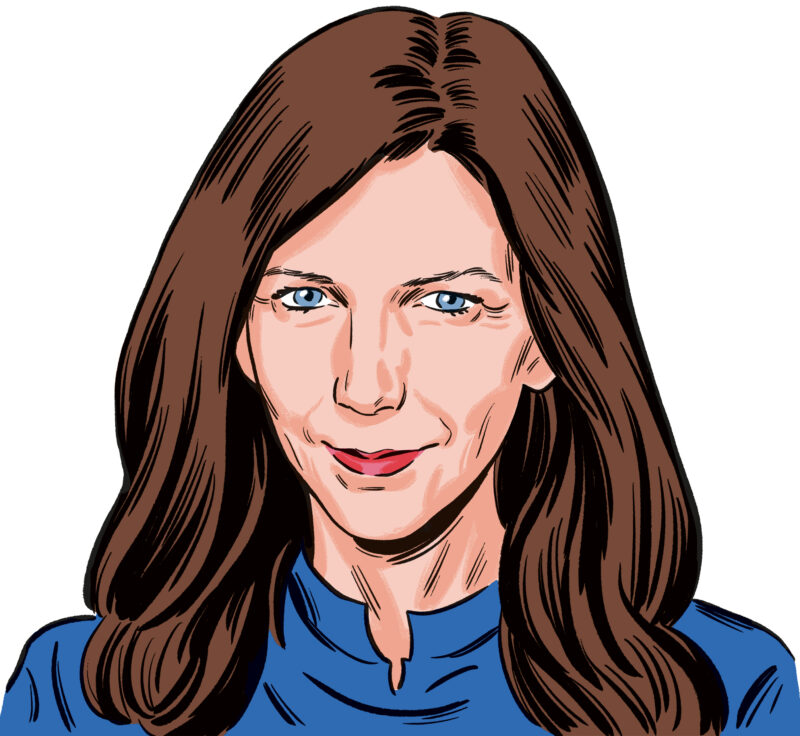Thursday August 22 (Day Four of the Convention)
McCormick Place, 10:00 a.m.
You have reached your article limit
Sign up for a digital subscription and continue reading all new issues, plus our entire archives, for just $1.50/month.
Already a subscriber? Sign in





